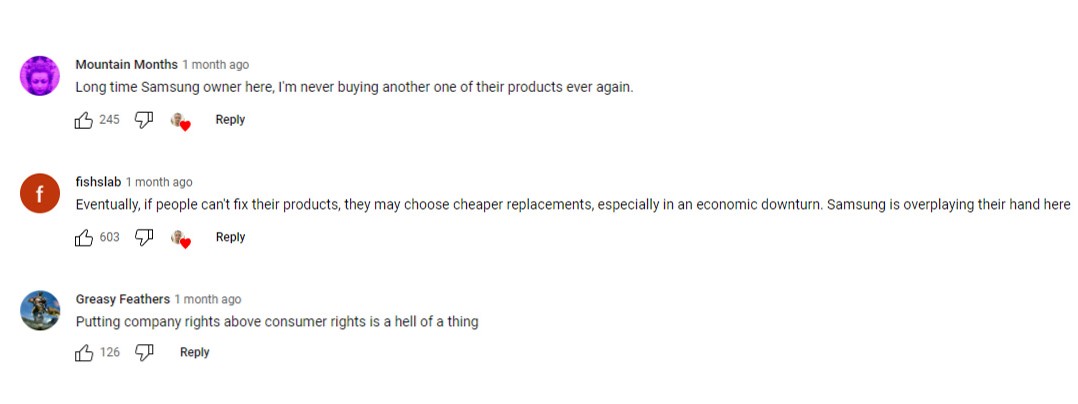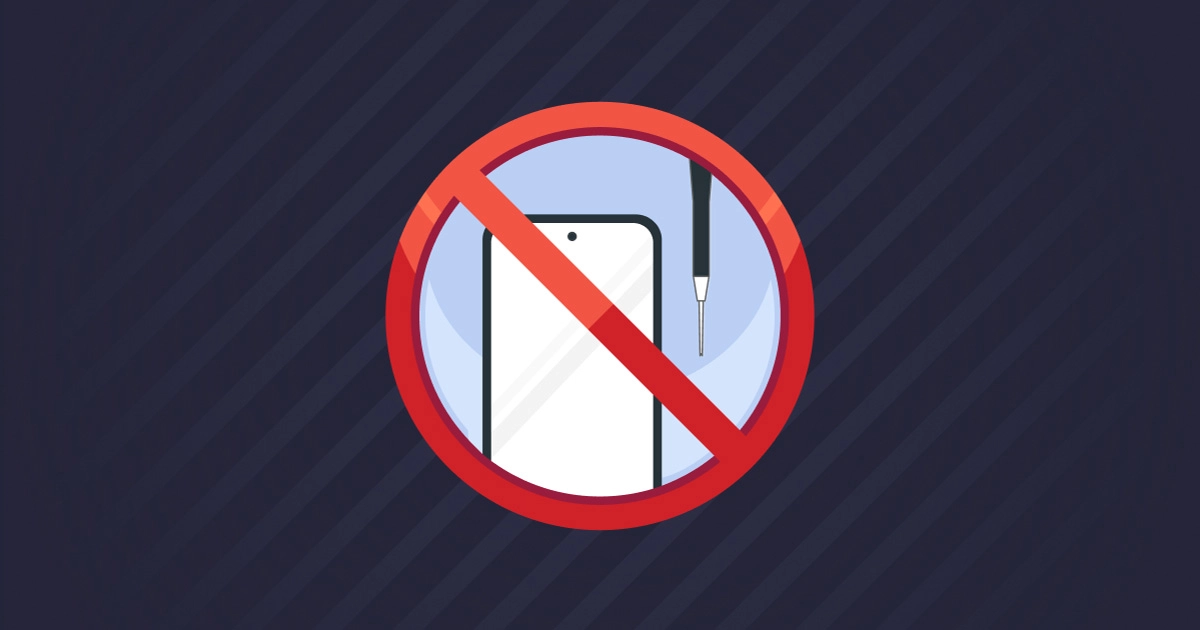Samsung has filed a lawsuit with the Federal Trade Commission (FTC) to stop the importation of all non-OEM AMOLED displays including aftermarket items to the U.S. This refers to any non-original screens, which make up a large part of the market.
From a legal perspective, cheap analogues violate patent laws. In order not to deal with each one individually, Samsung decided to hit the very bottom of the chain. The main idea of such a requirement is to improve the quality of spare parts and repair services, saving the industry from poor quality fakes, but of course, not everything lies on the surface. Experts believe that the adoption of such a law could bankrupt the repair industry and literally bury the very idea of the independent repair of electronics.
Consumers will lose the opportunity to fix their devices with inexpensive details and, accordingly, many will be left choosing between the options of “go with a broken screen” and “make a mobile upgrade because the cost of repairing with the OEMs will be equal to the cost of another device.”
In the words of Louis Rossmann, YouTuber and repair right activist who brought the agenda to the public, this is a “kill shot on the entire repair industry”.

Open letter to President Biden
On February 20, 2023, the story received a new round. The National Wireless Independent Dealer Association (NWIDA) sent a letter to President Biden and some other members of the U.S. Senate asking them to pay attention to the case. We spoke with NWIDA President Adam Wolf to get his first-hand opinion. His forecasts are pessimistic:
“If the filing is ruled in Samsungs favor, I would estimate 99% of independent repair companies would go out of business”.
Adam is convinced that the Samsung monopolization will greatly hinder the development of a free market and industry:
“Most repair shops in America use non-genuine parts due to the lack of OEMs, since the manufacturers will not sell their details to “just any” shop”.
According to NWIDA, the industry can only be saved by a mass appeal to the elected officials with a request to pay attention to the situation.
The potential consequences concern all parts of the second hand industry as AMOLED screens are used not only in smartphones but also in laptops and tablets. The news, as expected, caused a wave of indignation among end users and business owners:

Reuse or not reuse
The law adoption could also become nothing but a setback for the 5 “R's” movement, as it will be harder for people to keep their devices working for longer and increase the amount of e-waste produced. With the push towards sustainable practices in the tech industry, the Samsung victory is seen as a big step backward.
Even Apple, which has been criticized for its opposition to the right to repair, has recently made some moves to allow users to repair personal devices themselves. If Samsung wins the lawsuit, it could put pressure on other manufacturers to follow suit and limit the availability of repair options.
The final legal decision may even affect the components of other smartphones using Samsung's patented technologies, such as Apple, which applies them in most of its displays.
Thus, the future of repair in the U.S. is hazy. Оne can only guess. Official representatives do not comment on decisions until they are confirmed and come into force.








